Ready to learn more?
Get all the details straight to your inbox!
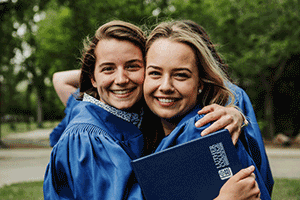
Luther students can register in Arts, Science, or Media, Art, and Performance. Luther students are U of R students and receive a U of R degree.
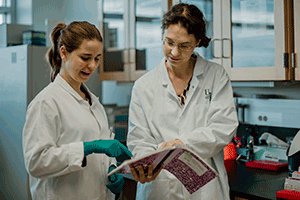
Luther College offers Bundles programs that group together first-year students and classes to give you a great start and help ease the transition from high school to university.
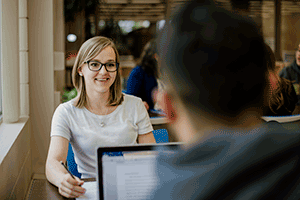
Luther College students are eligible for nearly $100,000 in academic awards – in addition to scholarships and bursaries awarded by the U of R.
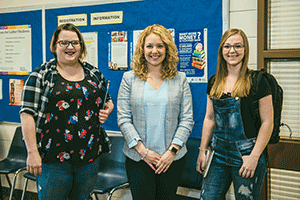
The priority deadline for academic application is March 15. To book a personalized enrolment counselling appointment, contact our Recruitment Office at 1-306-206-2117.
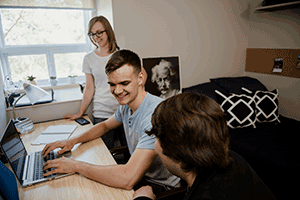
Wondering where to live? Our student residence, The Student Village at Luther College, is considered a great choice for first-year student accommodation. Individual private rooms mean you can stick to your own schedule and you never have to deal with roommate hassles.
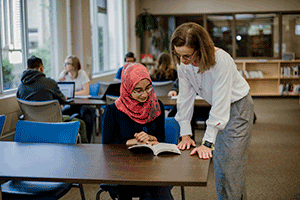
Luther College is recognized for its high standards of teaching, focused research, and one-on-one academic advising. We value and protect this heritage of excellence in scholarship, freedom of inquiry, and faithful seeking after truth.
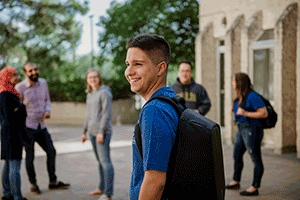
To enrol as a Luther College student, simply fill out the University of Regina application form and select Luther as your campus of choice.
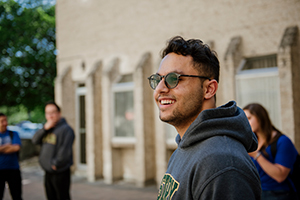
Every degree program at Luther College offers a study abroad option and an optional experiential learning component where you gain real world experience and get paid while going to school!
Get all the details straight to your inbox!
When Vanessa Swarbrick (U’04) was a young girl, she spent her summers and weekends camping by lakes in Alberta and Saskatchewan, dreaming about saving the world and protecting the water bodies she loved. 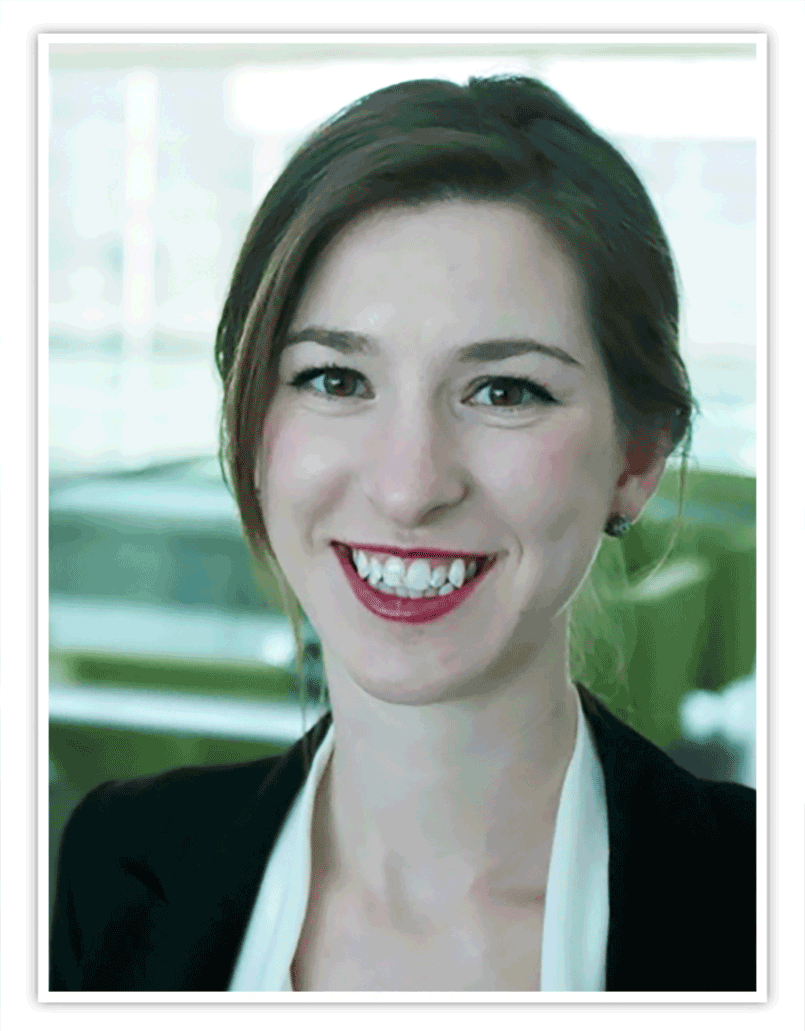
Today, the government of Alberta limnologist (water quality scientist) is living her dream.
“I am responsible for managing the water quality of the lakes and rivers in the North Saskatchewan River basin of Alberta,” enthuses Vanessa from her home in Edmonton, Alberta. “We’re so phenomenally lucky to have this resource in our backyard and to be able to spend time on the water. As a scientist, it’s my job to evaluate and understand the impacts on our water resources. Through my work, I provide guidance on how to regulate pollution – whether it’s ensuring that facilities meet existing rules, identifying impacts and assessing risk during emergencies, like spills, or developing policy and frameworks to manage aquatic ecosystems. I feel so good at the end of the day knowing I’m playing a role in ensuring this resource is protected for future generations.”
Vanessa grew up north of Edmonton but had moved with her family to Regina, Saskatchewan by the time she was thirteen. She credits her librarian mom for instilling in her a love of books and research, and her dad for teaching her the importance of hard work. These values were evident during her Ph.D. studies at the University of Regina, as Vanessa wrote her entire thesis – which was nominated for the Governor General’s Academic Gold Medal – while working full-time in Alberta.
As a doctoral student specializing in limnology and nitrogen biogeochemistry, Vanessa studied the impact of nutrient pollution on prairie lakes and rivers. In one of her studies, she ran a series of experiments on Regina’s Wascana Lake using large 3,000-litre bags of lake water known as mesocosms, which mimic mini-ecosystems. “I spent eight months – from when the winter ice melted to when it was back on – running the mesocosms. It was fascinating to see how the impacts of different types of pollution changed across seasons,” she explains. Vanessa soon fell into what she calls a “love-hate” relationship with Wascana Lake. “I recognize that it’s a shallow prairie lake, but I like to focus on the serenity it provides as a place to relax and recreate right in the middle of the city.”
Vanessa is the first in her family to earn a Ph.D., and her deep gratitude for the people who guided and mentored her on her academic journey is clear. “Luther really influenced my interest in environmental science, particularly the classes I took with Dr. Mary Vetter. She had such a huge influence on my life. Her love of plants and the natural world was so infectious! She took me on as an honours student and really opened my eyes to the possibilities of having a career in science. It was then that I realized I wanted to be a government scientist, working to understand and protect the resources that we all depend on.”
Whether she’s working or playing, Vanessa is always by the water, either spending downtime with her fiancé, Mike, and their two dogs, or doing community outreach with school groups and stewardship organizations anxious to preserve their local lakes and rivers.
“Water sustains all of us,” she smiles. “I can’t think of a better career than working to protect such a valuable resource. My hope is that we all start to look at how our actions, directly or indirectly, affect the world around us.”